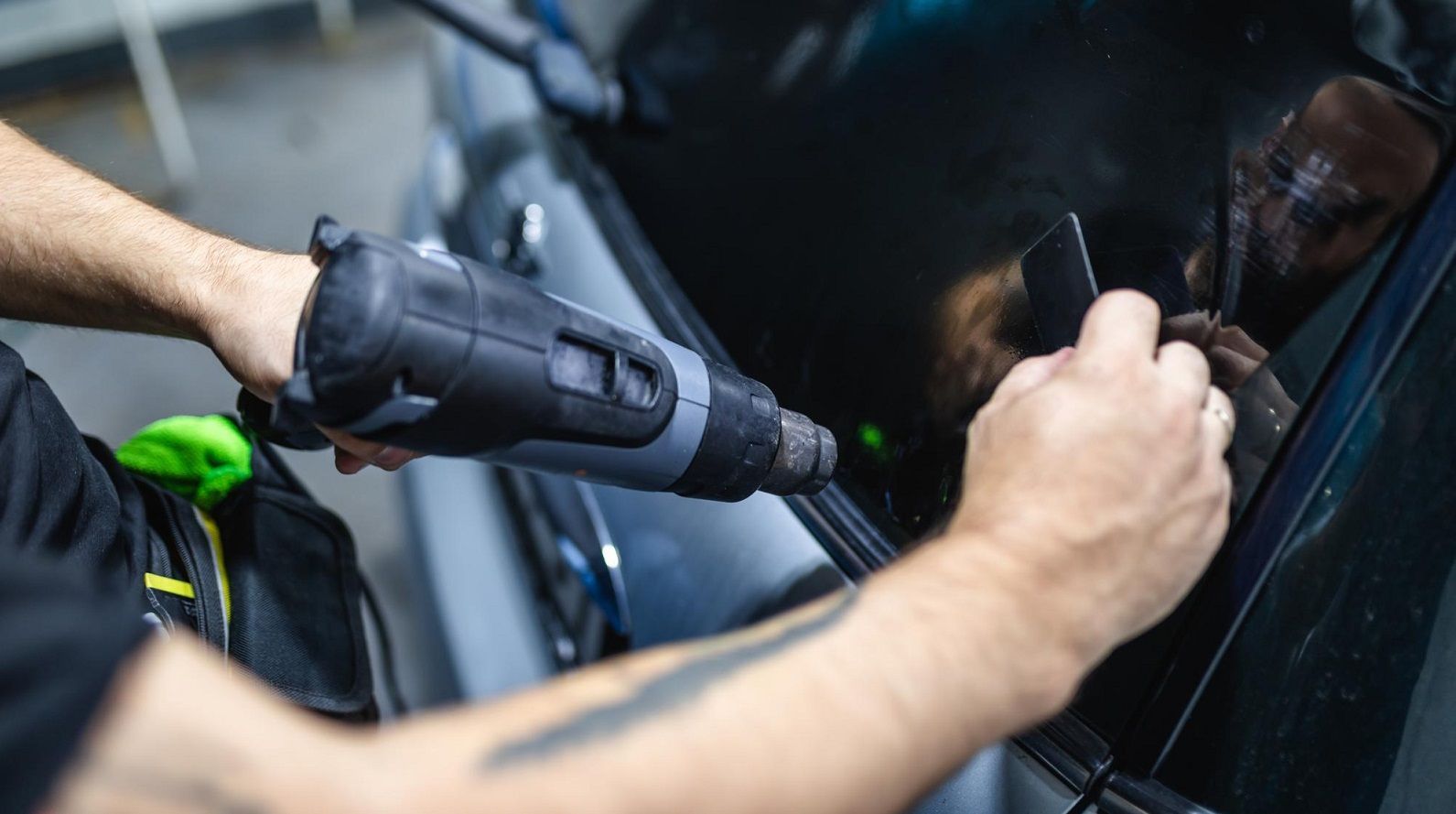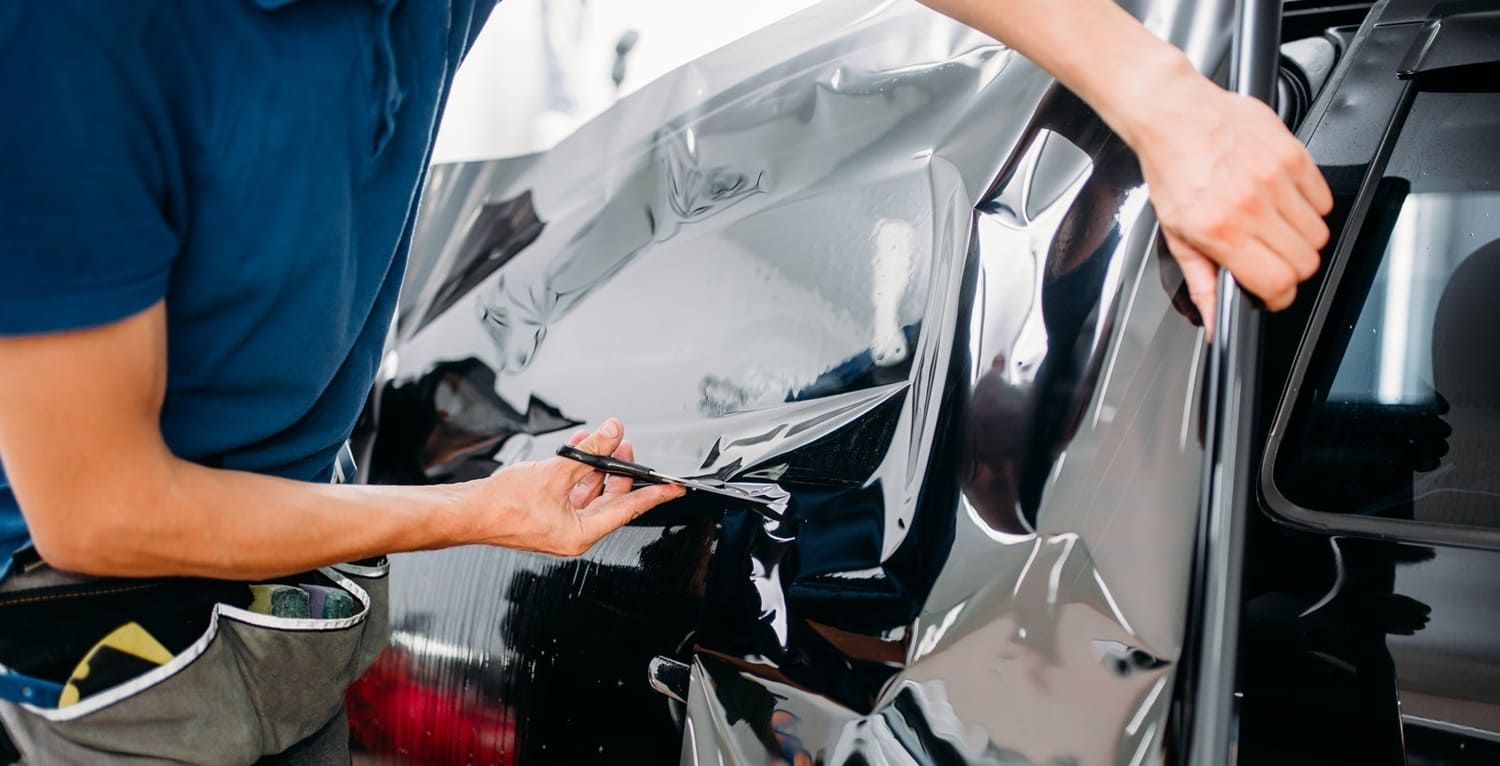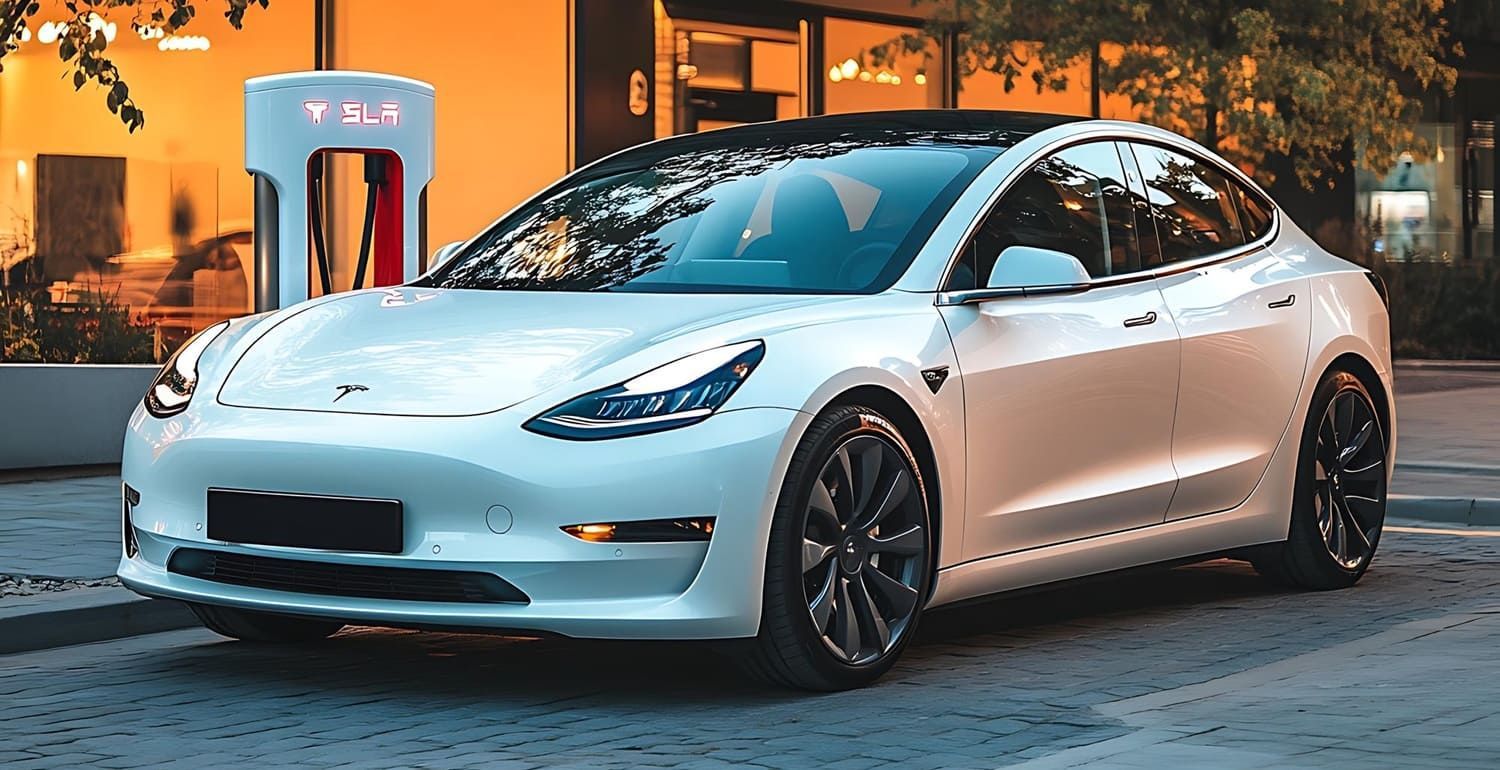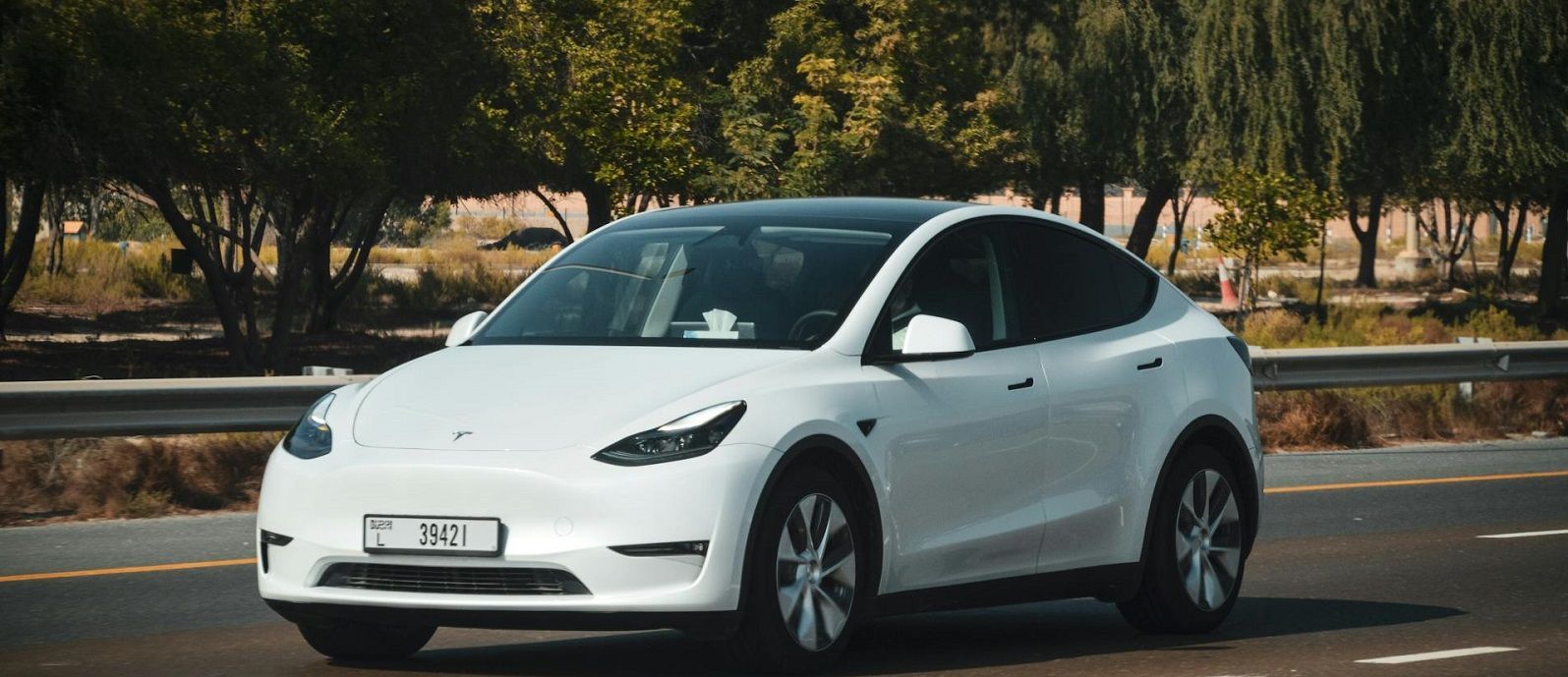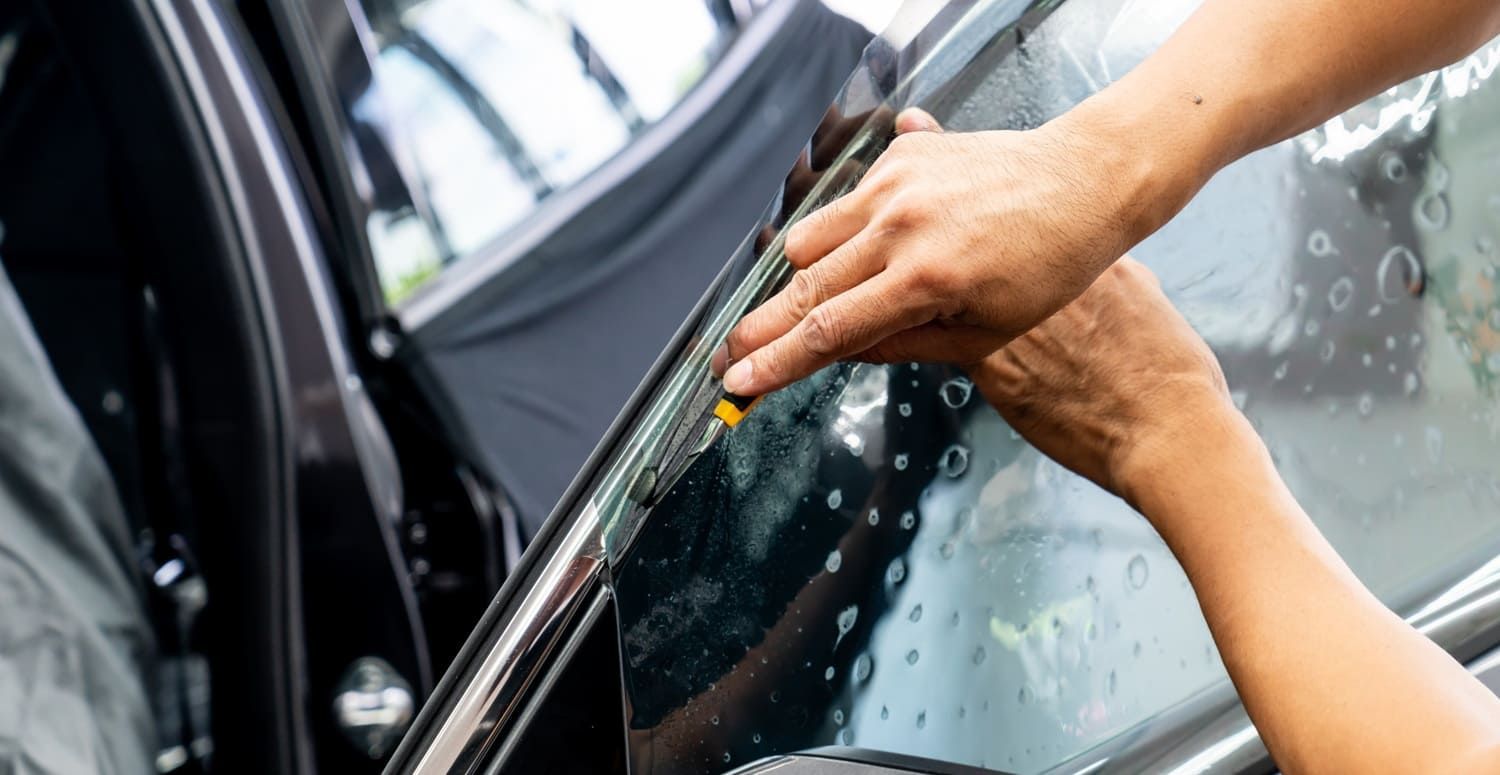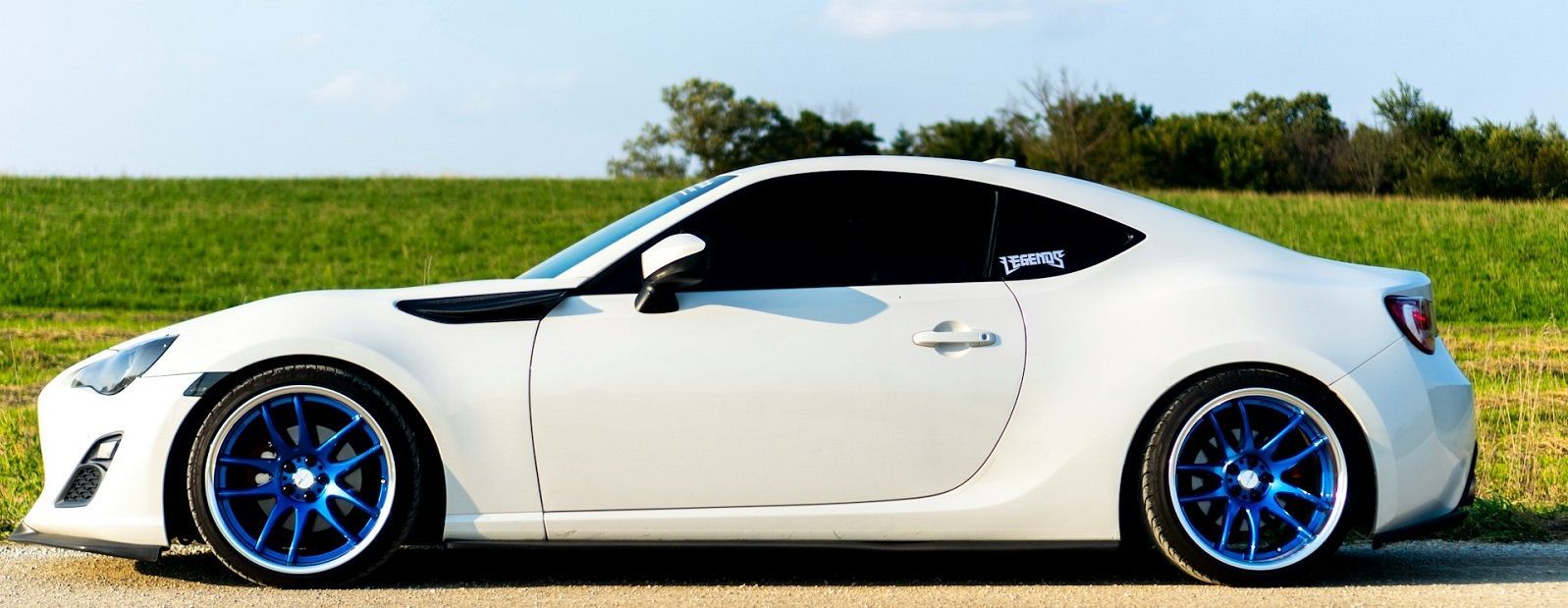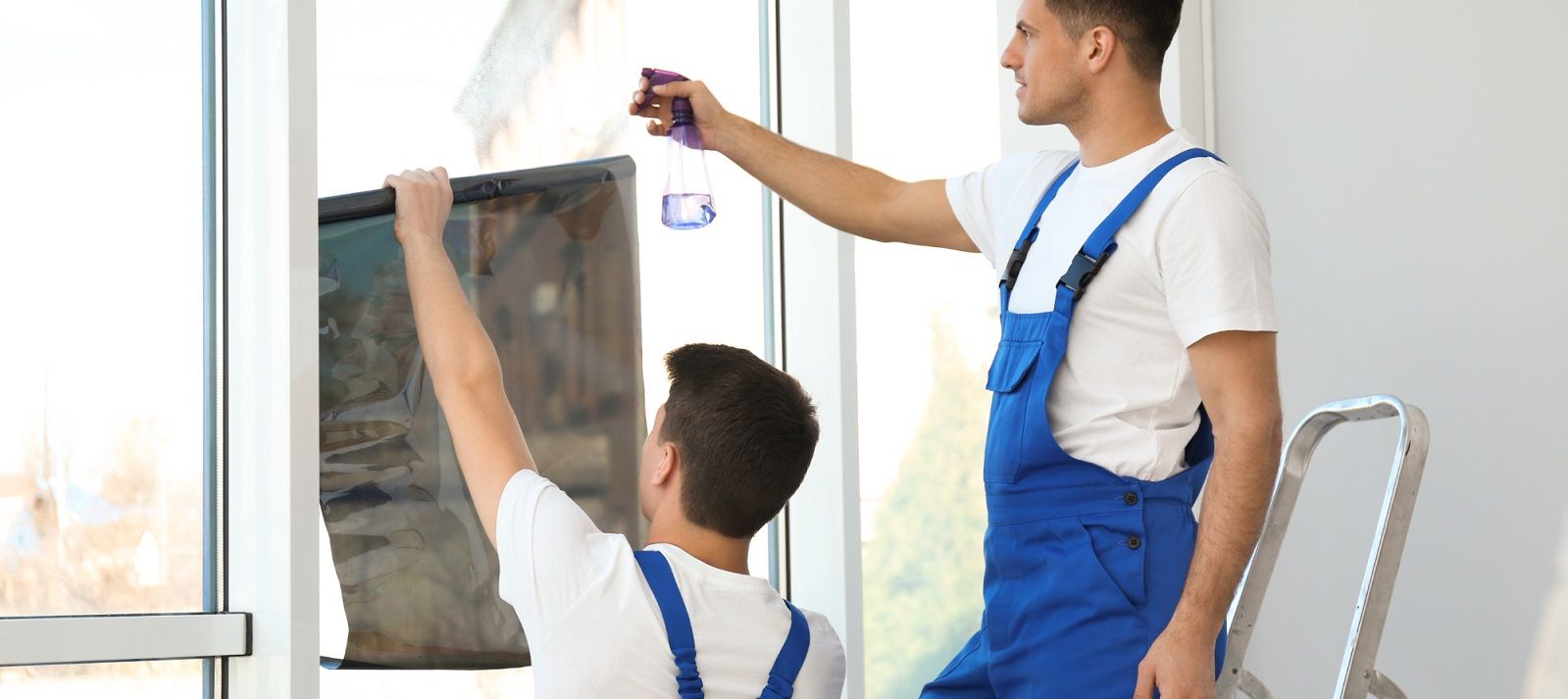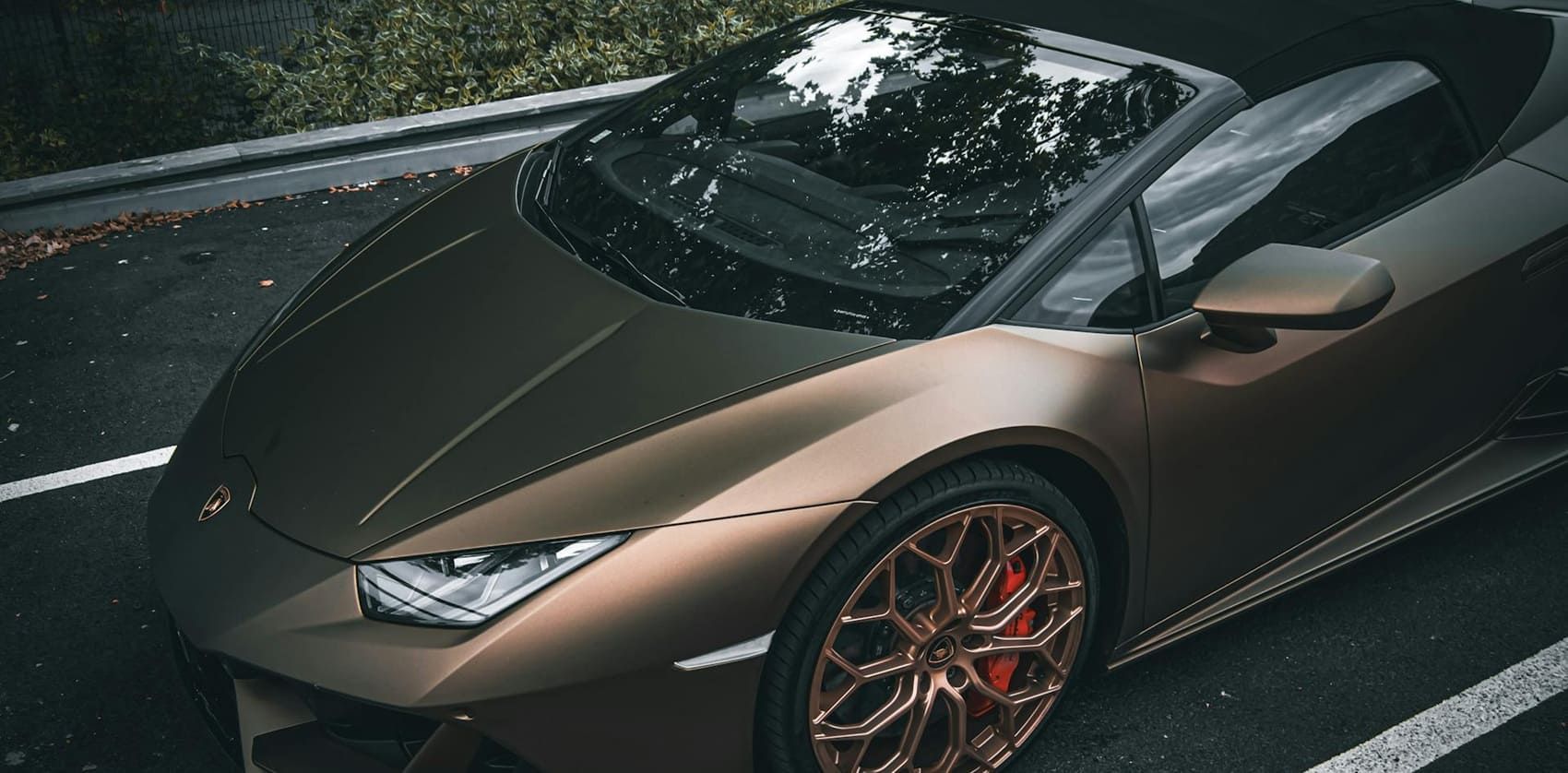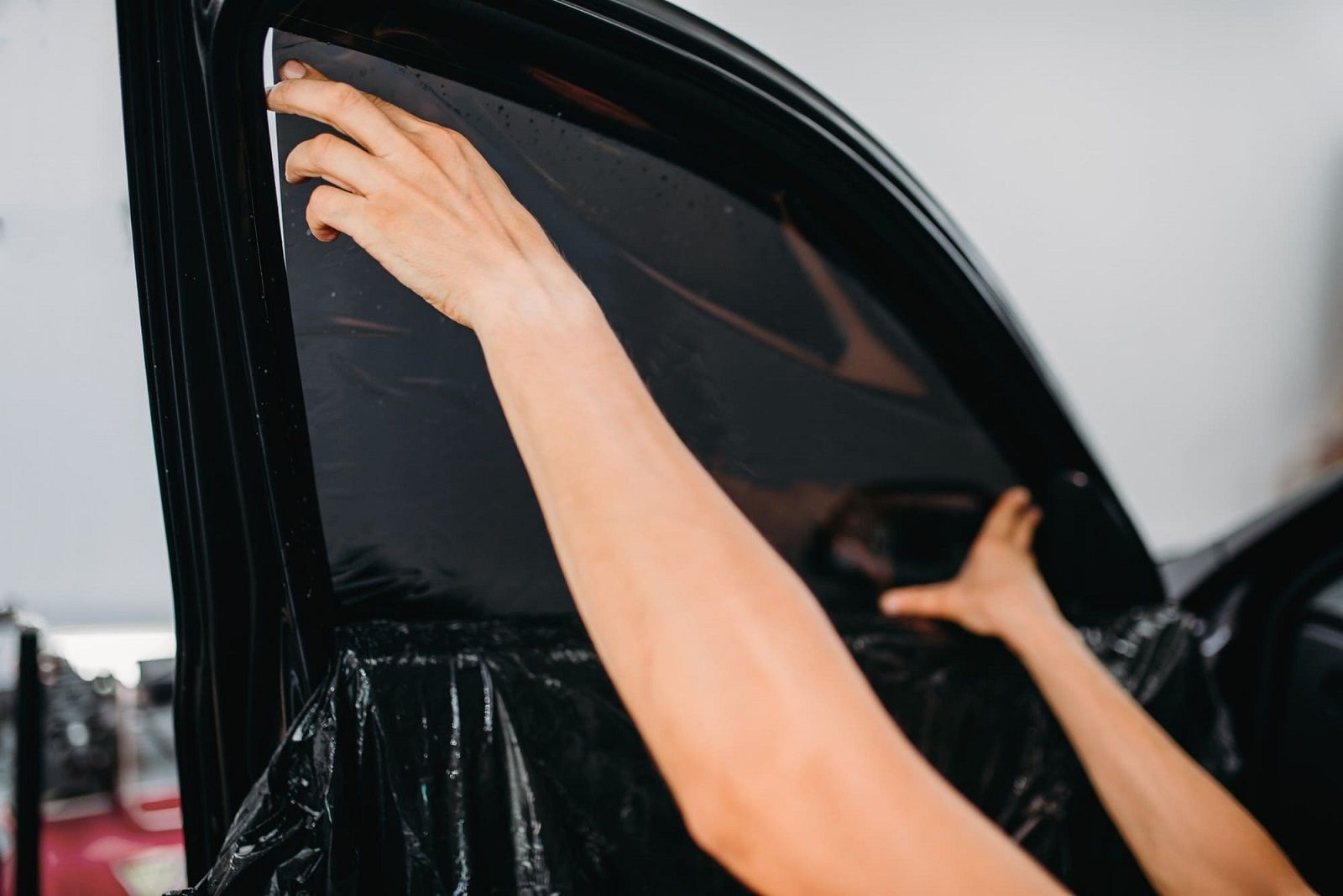How to Choose the Right Window Tinting Film for Your Car
Window tinting involves applying a thin film to your car's windows. This film comes in various shades and materials, each offering different benefits. Before diving into the selection process, let's understand the types of window tinting films available. Understanding these nuances will help you choose a film that not only meets your needs but also complements your vehicle's aesthetics and functionality. Moreover, knowing the differences in materials and technology used in these films can greatly influence your decision-making process.
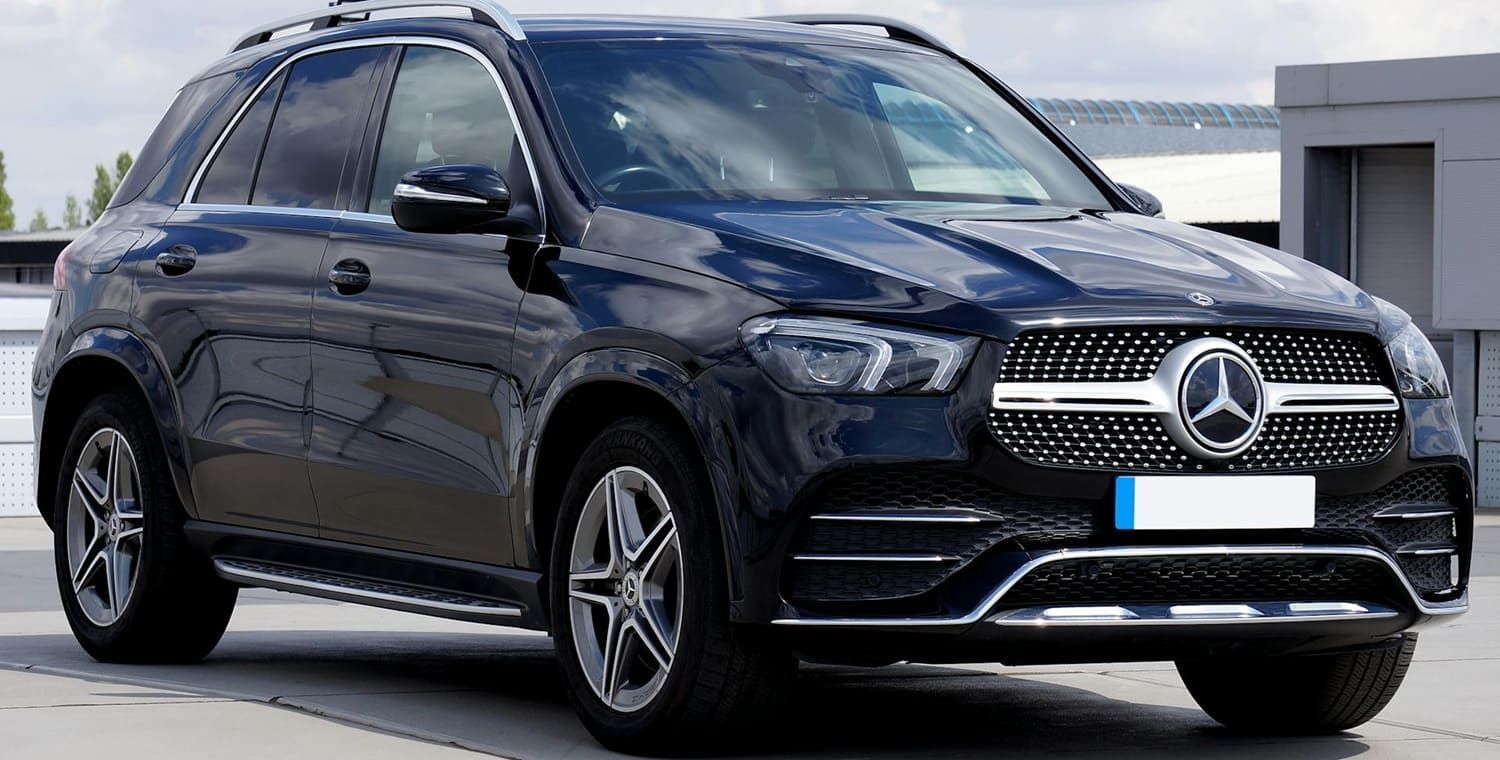
Types of Window Tinting Films
- Dyed Window Tinting Film: This is the most affordable option, making it a popular choice for budget-conscious consumers. It uses a dye to block sunlight and offers a darker appearance, which is often aesthetically pleasing. However, the dye can fade over time, reducing its effectiveness and necessitating replacement sooner than other types. While it may not provide the best heat resistance, it does reduce glare and offers a degree of privacy.
- Metalized Window Tinting Film: This type reflects heat and UV rays effectively, making it an excellent choice for those in hot climates. It's composed of tiny metallic particles that also add strength to your windows, making them more shatter-resistant. However, a potential downside is that it can interfere with electronic signals, which can be problematic for GPS, mobile phones, and radio reception. Despite this drawback, its durability makes it a long-lasting option.
- Carbon Window Tinting Film: Known for its matte finish, this film offers a sleek and modern look without the fading issues of dyed films. It provides excellent UV protection and doesn't interfere with electronic signals, making it a balanced choice for many drivers. Carbon films are also effective in heat rejection, helping to keep your car cooler during hot weather. Its durability and non-reflective nature make it a preferred choice for many luxury vehicles.
- Ceramic Window Tinting Film: The top-tier option, ceramic film provides superior heat and UV blocking capabilities. It is composed of non-conductive ceramic particles that do not interfere with electronic signals. Though it comes at a higher price, its performance in terms of durability, clarity, and heat rejection is unparalleled. For those looking for the best protection and performance, ceramic film is the ideal choice despite its cost.
- Hybrid Window Tinting Film: Combining dyed and metalized films, hybrid tints offer a balance of benefits without some of the drawbacks of each type. They provide decent heat rejection and UV protection while minimizing issues like fading and signal interference. This makes hybrid films a versatile and cost-effective option for those seeking a middle ground in performance and price. They are particularly suitable for drivers who want a balanced approach to tinting.
Factors to Consider When Choosing Window Tinting Film
Legal Restrictions
Before choosing a tint, research the legal restrictions in your area. Each state or country may have different regulations regarding the darkness and reflectivity of car window tints. Ensure your chosen tint complies with local laws to avoid fines or the need to remove the film later. It's crucial to understand that these regulations are in place for safety reasons, ensuring that drivers maintain sufficient visibility under various driving conditions. Be sure to check for any updates to these laws, as they can change and impact your compliance.
Climate and Weather Conditions
Consider the typical weather conditions where you drive. If you live in a hot climate, a film with high heat rejection properties, like ceramic or metalized, would be beneficial. In cooler climates, a dyed film might suffice, as heat rejection is less of a concern. Additionally, consider how often you park your car in direct sunlight, as prolonged exposure can impact the car's interior and comfort. The right film can mitigate these effects, ensuring a more pleasant driving experience year-round.
UV Protection
One of the primary reasons for window tinting is UV protection. Choose a film that blocks at least 99% of UV rays to protect your skin and the car's interior from sun damage. Prolonged exposure to UV rays can lead to skin issues and cause your car's upholstery and dashboard to fade and crack over time. Investing in a quality tint with high UV protection can preserve the longevity and appearance of your car's interior, maintaining its resale value and enhancing your overall comfort.
Aesthetic Preferences
Window tinting can significantly change the look of your vehicle. Decide on the level of darkness and the type of finish you prefer. Whether it's the shiny look of metalized film or the subtle appearance of carbon film, choose what complements your car's style. Consider how the tint will look from both the inside and outside of the car, as this can impact your satisfaction with the final appearance. Additionally, some films offer a unique reflective or colored finish, providing a customized look that can set your vehicle apart.
Budget
Window tinting films vary in price. While it might be tempting to go for the cheapest option, investing in a higher-quality film can offer better longevity and performance. Consider your budget and weigh it against the benefits each film type offers. A more expensive film may provide better UV protection, heat rejection, and durability, ultimately saving you money on replacements and protecting your car's interior. Evaluate the long-term benefits and decide which option provides the best value for your investment.
Installation: DIY or Professional?
Once you've selected the right film, you must decide whether to install it yourself or hire a professional. This decision can impact the quality and longevity of the tint, so it's important to weigh the pros and cons of each approach carefully.
DIY Installation
For the DIY enthusiast, many window tinting kits are available. While this option is cost-effective, it requires patience and precision. Improper installation can lead to bubbles, peeling, or an uneven finish, which can detract from the film's appearance and performance. Ensure you have the necessary tools and follow the instructions closely to achieve the best results. Watching tutorial videos and practicing on a small area can also help improve your technique.
Professional Installation
Opting for a professional installation ensures a flawless application. Experts have the tools and experience to apply the film without errors. Though more expensive, professional installation often comes with a warranty, providing peace of mind. This option is particularly beneficial if you have complex or curved windows, as professionals are skilled in handling challenging installations. Additionally, a professional finish can enhance the overall look of your vehicle, ensuring satisfaction with the final product.
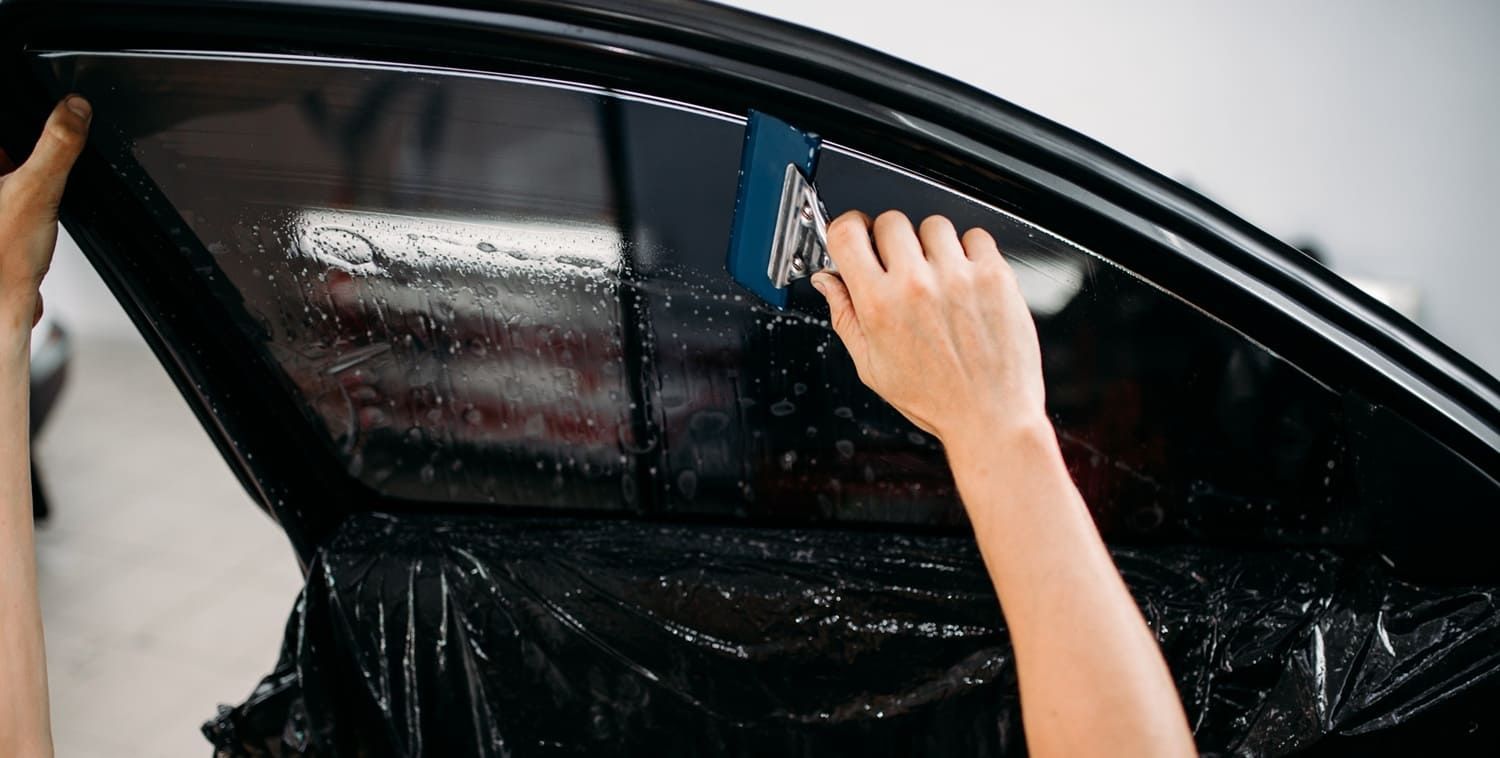
Benefits of Window Tinting
Enhanced Privacy
Window tinting provides an added layer of privacy, keeping prying eyes from peering into your vehicle. This is particularly useful if you often leave valuable items in your car. Increased privacy can also enhance your sense of security, especially in urban areas or when parked in public places. It can deter potential thefts by making it more difficult for outsiders to see into your car.
Reduced Glare
Tinted windows can significantly reduce glare from the sun and headlights, improving visibility and safety while driving. This reduction in glare can be particularly beneficial during sunrise and sunset when the sun is low in the sky. It also helps reduce eye strain during long drives, making your journey more comfortable and less fatiguing.
Temperature Regulation
With the right tinting film, your car can stay cooler in the summer and retain heat in the winter, enhancing comfort and reducing the need for air conditioning or heating. This temperature regulation can extend to protecting your car's interior from extreme temperature fluctuations that can cause wear and tear. A well-tinted vehicle can provide a more consistent and comfortable cabin environment, irrespective of external weather conditions.
Protection Against UV Rays
As mentioned, effective window tinting films block harmful UV rays, protecting your skin and preventing the car's interior from fading and cracking. This protection is crucial for maintaining the aesthetic and functional aspects of your car's interior over time. It also contributes to overall health by reducing the risk of skin damage during prolonged drives.
Improved Fuel Efficiency
By reducing the need for air conditioning, window tinting can contribute to better fuel efficiency, saving you money in the long run. A cooler car means less strain on your vehicle's cooling system, leading to reduced fuel consumption. This can also result in less wear on your engine, further enhancing your car's performance and longevity.
Conclusion
Choosing the right window tinting film involves considering factors like legal restrictions, climate, UV protection, aesthetics, and budget. Whether you choose a DIY approach or seek professional installation, the benefits of window tinting are clear. From enhanced privacy to improved fuel efficiency, the right window tint can make your driving experience more enjoyable and secure.
At Solar-Tec Glass Tinting, we are professional window tinting installers in Eustis, FL, offering high-quality window films and expert installation to ensure long-lasting performance and style.
By following this guide, you are well on your way to selecting the perfect window tinting film for your car, ensuring both functionality and style. Happy driving! With the right choice, you can enjoy a more comfortable, stylish, and efficient driving experience while protecting yourself and your vehicle from the elements.
Get a free estimate today! Contact Solar-Tec Glass Tinting for premium window tinting solutions tailored to your needs.
